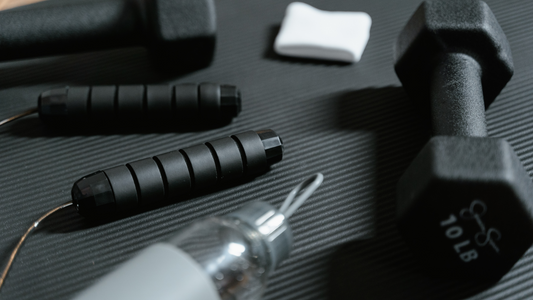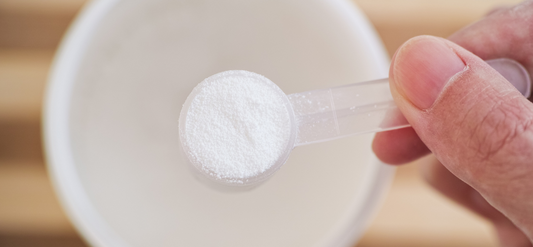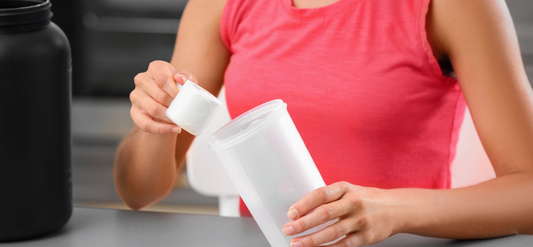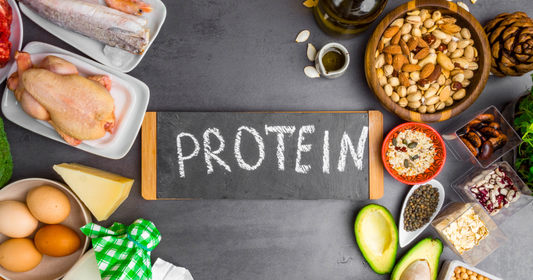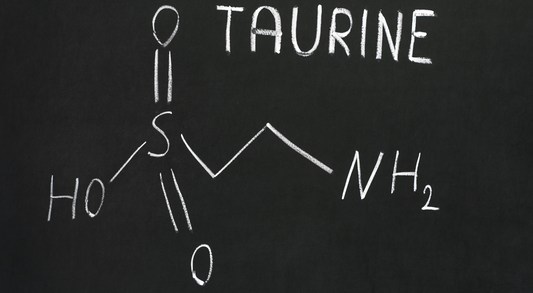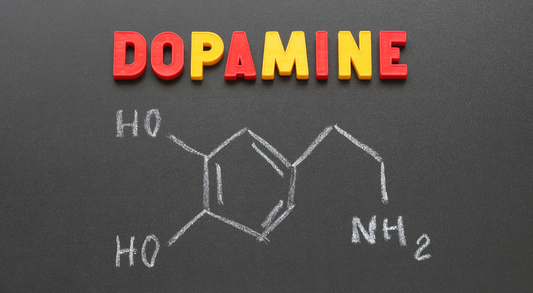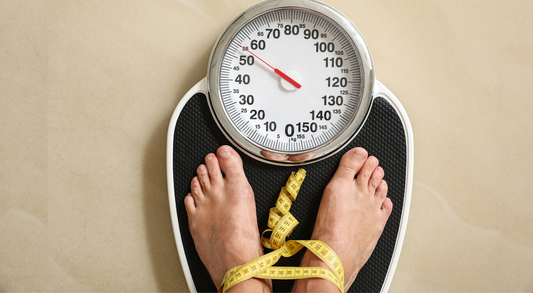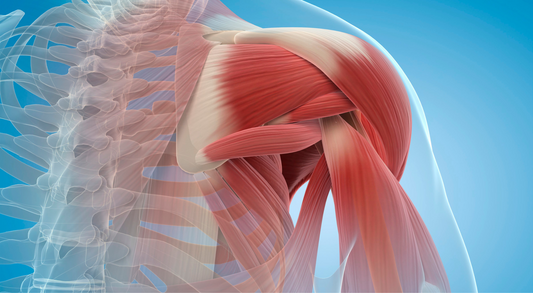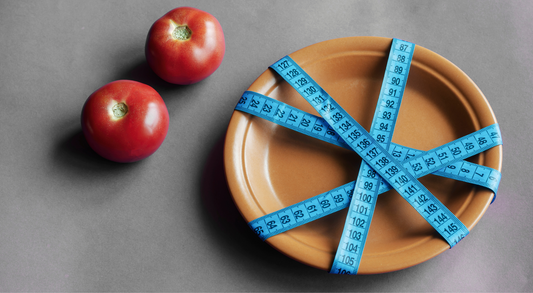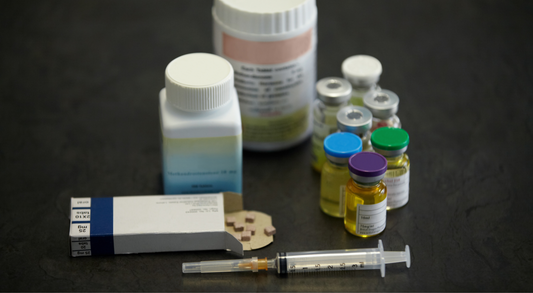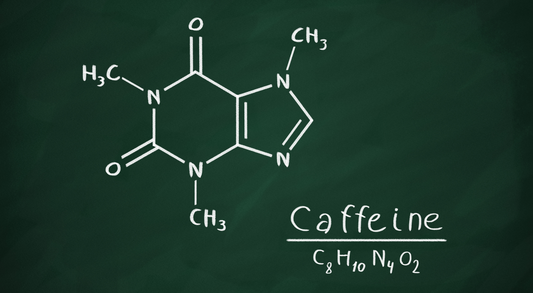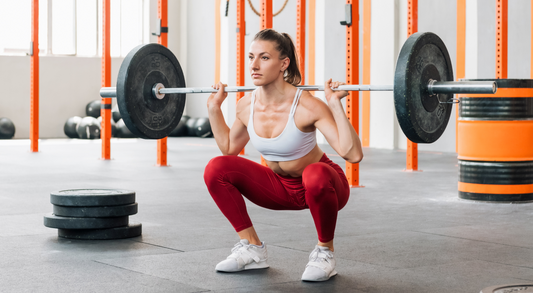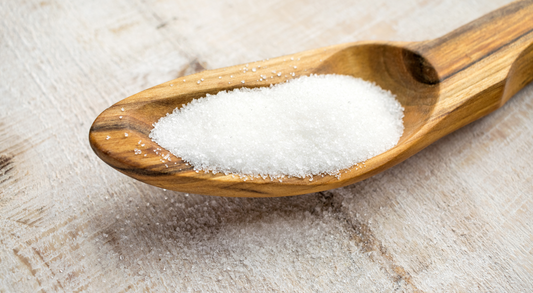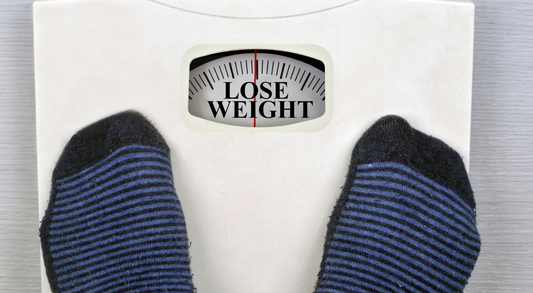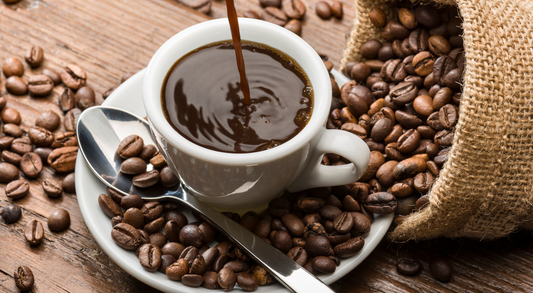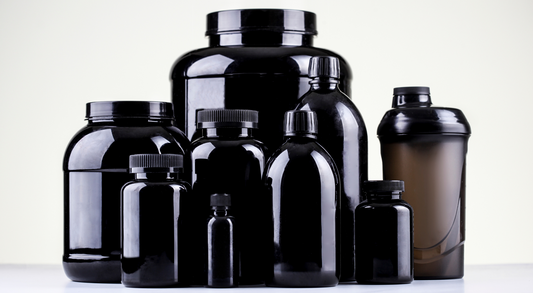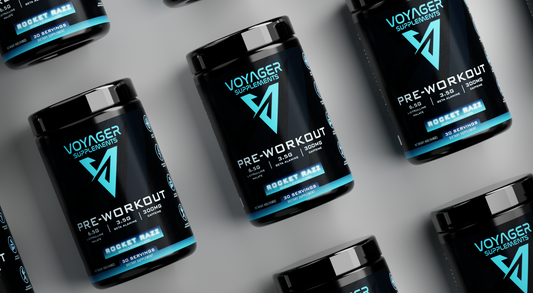Why Nutrition Matters for Recovery
Proper nutrition is crucial for workout recovery as it helps repair muscle tissue, replenish energy stores, and reduce inflammation. A well-balanced post-workout meal can significantly enhance recovery and performance in subsequent workouts.
Key Nutrients for Recovery
1. Protein
Protein is essential for muscle repair and growth. Consuming a protein-rich meal or supplement within 30 minutes of completing your workout can enhance muscle protein synthesis. A study published in the American Journal of Clinical Nutrition recommends 20-40 grams of protein post-exercise for optimal recovery (Moore et al., 2015).
2. Carbohydrates
Carbohydrates help replenish glycogen stores that are depleted during exercise. Combining carbs with protein post-workout can enhance glycogen resynthesis and muscle recovery. Research in the Journal of the International Society of Sports Nutrition suggests a 3:1 ratio of carbohydrates to protein for optimal recovery (Ivy et al., 2002).
3. Fats
While not as immediately crucial as protein and carbs, healthy fats support overall recovery and inflammation reduction. Omega-3 fatty acids, found in foods like salmon and chia seeds, have anti-inflammatory properties that can aid in recovery (Simopoulos, 2002).
Post-Workout Meal Ideas
- Protein Shake with Banana and Almond Butter: A quick and convenient option providing protein, carbs, and healthy fats.
- Grilled Chicken with Quinoa and Vegetables: A balanced meal with high-quality protein, complex carbs, and essential nutrients.
- Greek Yogurt with Berries and Honey: Combines protein, carbs, and antioxidants for a refreshing post-workout snack.
For more information on optimizing your workout, check out our pre-workout product.
Conclusion
Proper nutrition is key to effective workout recovery. By focusing on protein, carbohydrates, and healthy fats, you can enhance muscle repair, replenish energy stores, and reduce inflammation, leading to better performance in your next workout.
References:
- Moore, D. R., et al. (2015). Protein ingestion to stimulate myofibrillar protein synthesis requires greater relative protein intakes in healthy older versus younger men. American Journal of Clinical Nutrition, 102(5), 1241-1249.
- Ivy, J. L., et al. (2002). Nutrient timing: the means to improved exercise performance, recovery, and training adaptation. Journal of the International Society of Sports Nutrition, 1(2), 91-98.
- Simopoulos, A. P. (2002). Omega-3 fatty acids in inflammation and autoimmune diseases. Journal of the American College of Nutrition, 21(6), 495-505.






